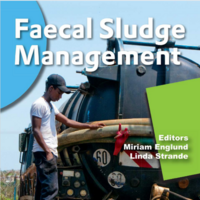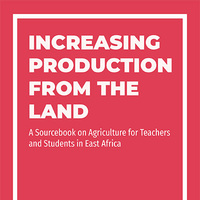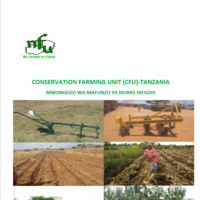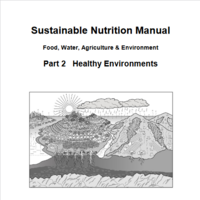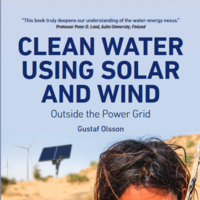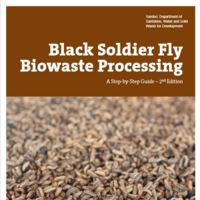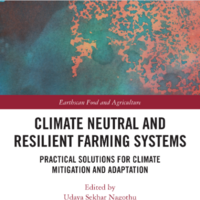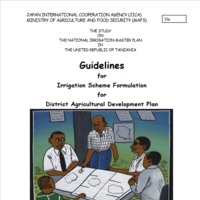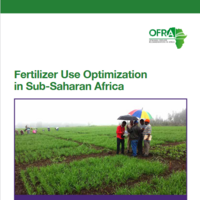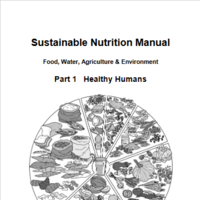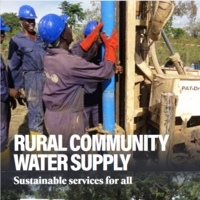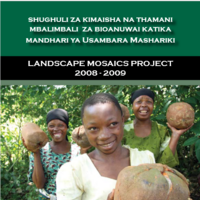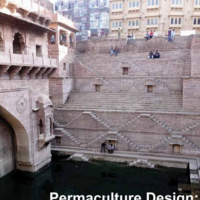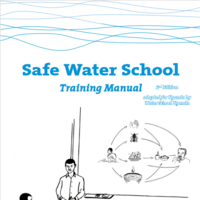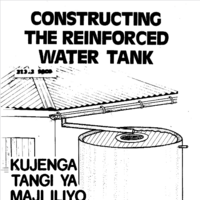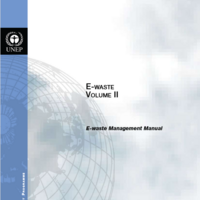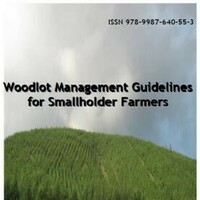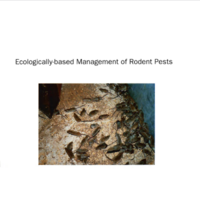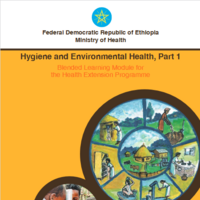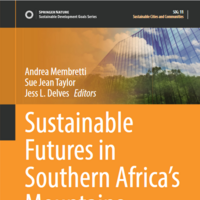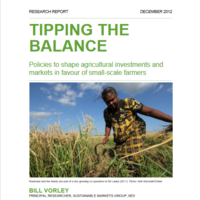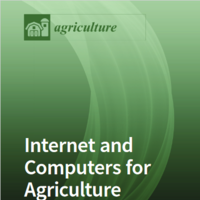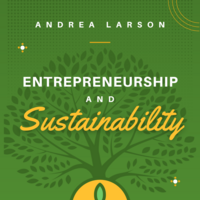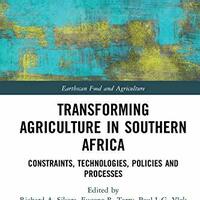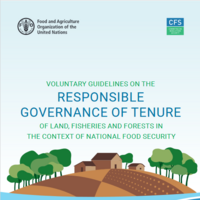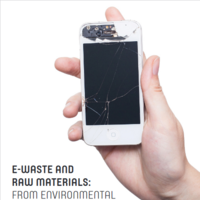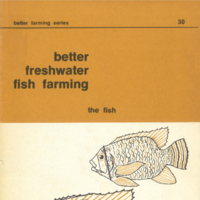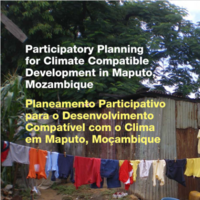Search
Books+
Searching 1,73 books
Search related to the career Agricultural Engineer
Sustainable Solutions for Managing Water and Soil
1. Water Conservation:
Implementing water conservation practices can help manage water resources sustainably. This includes:
- Efficient Irrigation: Using drip irrigation or precision sprinklers to minimize water wastage.
- Water Recycling: Treating and reusing wastewater for non-potable purposes like irrigation or industrial processes.
- Rainwater Harvesting: Collecting rainwater for various uses, reducing reliance on freshwater sources.
- Water-Efficient Appliances: Promoting the use of water-efficient appliances like low-flow toilets and faucets.
2. Soil Conservation:
Preserving soil health is crucial for sustainable agriculture and ecosystem stability. Some soil conservation methods include:
- Conservation Tillage: Reducing or eliminating tillage to minimize soil erosion and maintain soil structure.
- Crop Rotation: Rotating crops to prevent nutrient depletion and control pests and diseases.
- Cover Cropping: Planting cover crops to protect the soil from erosion, improve fertility, and suppress weeds.
- Composting: Recycling organic waste into compost to enhance soil fertility and structure.
- Agroforestry: Integrating trees with crops to improve soil health, conserve water, and provide additional income.
3. Watershed Management:
Managing watersheds sustainably helps protect water quality and quantity. This involves:
- Riparian Buffer Zones: Establishing vegetation along water bodies to filter pollutants and prevent erosion.
- Wetland Restoration: Restoring and conserving wetlands to improve water quality, recharge aquifers, and provide habitat for wildlife.
- Soil Erosion Control: Implementing erosion control measures like terracing, contour plowing, and sediment basins.
- Community Engagement: Encouraging community participation in watershed management through education, awareness, and collaboration.
4. Sustainable Drainage Systems:
Implementing sustainable drainage systems can help manage stormwater runoff effectively. This includes:
- Permeable Pavements: Using permeable materials for roads, parking lots, and sidewalks to allow water infiltration.
- Rain Gardens: Creating landscaped areas designed to capture and filter stormwater runoff.
- Green Roofs: Installing vegetation on rooftops to absorb rainwater, reduce runoff, and improve energy efficiency.
- Bioswales: Constructing vegetated channels to slow down and filter stormwater runoff.
5. Integrated Water and Soil Management:
Adopting integrated approaches that consider the interconnections between water and soil management. This includes:
- Agroecology: Promoting sustainable farming practices that integrate ecological principles, such as organic farming and permaculture.
- Water-Smart Agriculture: Using precision irrigation techniques, soil moisture sensors, and weather data to optimize water use in agriculture.
- Conservation Agriculture: Combining minimal soil disturbance, permanent soil cover, and diversified crop rotations to enhance soil health and water retention.
These sustainable solutions can contribute to the efficient management of water and soil resources, ensuring their long-term availability for future generations.
Source: Various AI tools
Maendeleo endelevu
Books tagged sustainable development
Kilimo
Books tagged agriculture
Searched in English.
